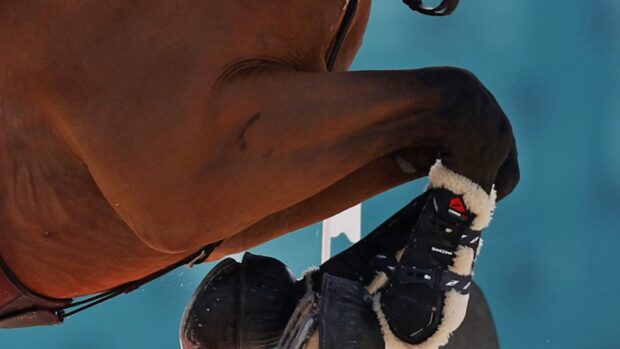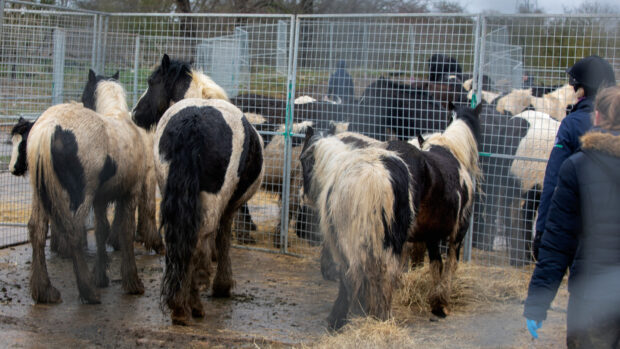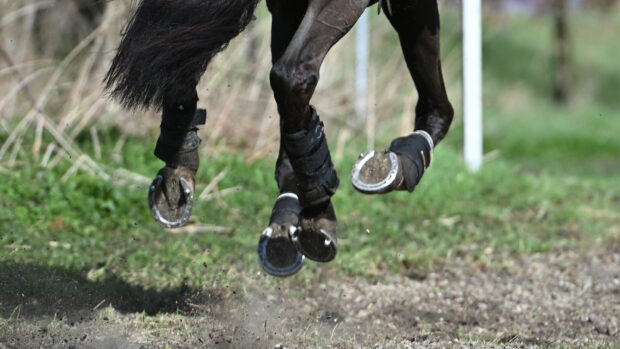Challenging the “status quo” and rider education is fundamental to the future of horse sport, experts believe.
The involvement of horses in sport was discussed by at the International Society for Equitation Science conference at Hartpury University (9–12 August).
Researcher and FEI official Victoria Lewis, who sits on the International Group for Equestrian Qualifications, said she is “very anxious and concerned” that equestrian sport could be dropped from the Olympics in future.
“I think we’re at the stage where we have the opportunity to make some really serious changes with the way we deal with our horses in a competitive environment,” said Ms Lewis, who added that officials, riders, owners and grooms all have one thing in common – their love for horses, and focusing on this “positivity” would be beneficial.
“We’ve still got a long way to go, but from my perspective when working with my student team, our aim is to help riders through education and to protect the welfare of the horse. We’re trying to move away from being the policeman of the sporting environment to try to tie in with regards to education, so riders are aware of what the right thing is to do with their horses.”
World Horse Welfare chief executive Roly Owers said that when thinking about horses in sport, education has come through “very strongly” already in countries such as Switzerland and France, where individuals have to pass an assessment to own a horse.
“I think this [assessment] is something we should be considering more at all levels of horse sport in terms of equine safeguarding and what constitutes good welfare and equine learning theory. It can be a bit trite to talk about education, but it is fundamental to the future of horse sport, if it is to have a future,” he said.
“Often when we think about equine welfare in horse sport, we focus on the competition arena, and training, but in fact there are the other 23 hours of a day and when we think about equine welfare, we really need to make sure we’re getting proper balance.”
Mr Owers added that horses cannot be trained appropriately if people do not understand equine learning theory – how horses learn – and when “challenging the status quo”, more consideration should be given to tack and equipment.
“We’re not necessarily coming from a standing start but in terms of education, if we could latch on to one thing; a greater understanding about how horses learn is so important. That needs to start at junior level all the way through,” he said.
More than 4,500 equestrian stakeholders have participated in an FEI survey on topics relating to horse welfare and concerns regarding the use of horses in sport, as part of the work by the newly formed Equine Ethics and Wellbeing Commission. An interim report of the commission’s work will be presented at the FEI general assembly in November.
You might also be interested in:

‘A wake-up call’: 20% of public do not support horses in sport, survey finds

Understanding horses’ happiness key to equestrian sport’s future

Subscribe to Horse & Hound magazine today – and enjoy unlimited website access all year round
Horse & Hound magazine, out every Thursday, is packed with all the latest news and reports, as well as interviews, specials, nostalgia, vet and training advice. Find how you can enjoy the magazine delivered to your door every week, plus options to upgrade your subscription to access our online service that brings you breaking news and reports as well as other benefits.




